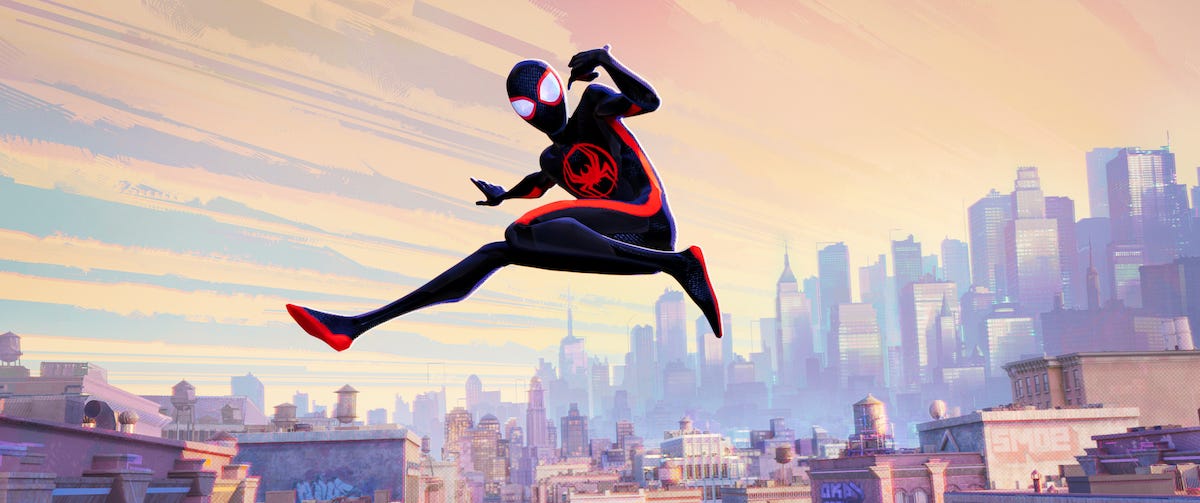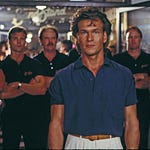On this week’s episode, Sonny Bunch (The Bulwark), Alyssa Rosenberg (The Washington Post), and Peter Suderman (Reason) ask what the future of indie theatrical films looks like if festival purchases continue to crater. Then they talked about one of the best films of the year (so far!), the amazingly inventive and spectacular-looking Spider-Man, which snared all three in its beautiful web. Make sure to swing by Bulwark+ for our bonus episode on Friday about cliffhanger movies. And if you enjoyed this episode, share it with a friend! A recommendation from a friend is the best way to help your favorite podcast grow.
Share this post

'Across the Spiderverse' Is the Best-Looking Movie of the Year (So Far!)
www.thebulwark.com
'Across the Spiderverse' Is the Best-Looking Movie of the Year (So Far!)
Plus: whither the indie film?
Jun 06, 2023
Across the Movie Aisle
Audio
Here's the elevator pitch: It's "Left, Right, and Center" meets "Siskel and Ebert." Three friends from different ideological perspectives discuss the movies and controversies (or nontroversies!) about them.
Featuring bonus Friday episodes exclusively for Bulwark+ members.
Here's the elevator pitch: It's "Left, Right, and Center" meets "Siskel and Ebert." Three friends from different ideological perspectives discuss the movies and controversies (or nontroversies!) about them.
Featuring bonus Friday episodes exclusively for Bulwark+ members.
Listen on
Substack App
Apple Podcasts
Spotify
Overcast
RSS Feed
Recent Episodes















'Across the Spiderverse' Is the Best-Looking Movie of the Year (So Far!)